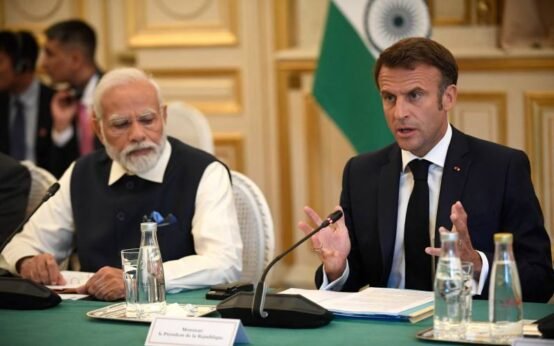France has begun intensifying preparations for its healthcare system, signaling concern about the possibility of a major conflict in Europe. Recent reports highlight that French hospitals are receiving instructions to enhance their readiness for scenarios that could overwhelm medical infrastructure, including mass casualties resulting from war. This initiative reflects the government’s broader effort to ensure resilience in the face of rising global instability and heightened security challenges.
Hospital readiness plans for large-scale emergencies
The French Ministry of Health has instructed hospitals to review and strengthen their emergency protocols. Authorities want medical institutions to expand their ability to treat a sudden influx of wounded patients, whether from military operations, terror attacks, or catastrophic events linked to geopolitical tensions. Hospitals are being asked to improve coordination with regional health agencies and military medical units to ensure faster responses during crises.

The government expects doctors, nurses, and other health professionals to undergo additional training in trauma care and emergency management. It emphasizes that this preparedness aims not to alarm citizens, but to ensure healthcare systems stay resilient during unpredictable times
Linking medical preparedness to national defense strategies
French officials see hospital readiness as part of a larger national defense strategy. In recent years, Europe has faced renewed threats due to the war in Ukraine, deteriorating relations between NATO countries and Russia, and rising instability in the Middle East and North Africa. Paris believes that medical infrastructure must be capable of supporting both civilians and military personnel if Europe faces broader security challenges.

By aligning hospitals with defense priorities, France aims to avoid vulnerabilities that could weaken the country’s ability to sustain itself during extended emergencies. Analysts note that this approach mirrors Cold War-era strategies, when hospitals were considered crucial components of civil defense.
International comparisons and European cooperation
France is not alone in reviewing its hospital preparedness. Other European countries, including Germany, Poland, and the Baltic states, have also taken steps to strengthen medical resilience as tensions with Russia continue. NATO has emphasized the importance of civilian infrastructure in collective defense, calling on member states to prepare for hybrid and conventional threats.
French officials believe that regional cooperation will be key. In the event of a major war, hospitals across Europe would need to coordinate resources, share medical supplies, and support each other in handling casualties. The European Union has already launched joint programs to stockpile medicines and critical equipment, further underlining the link between health and security.


 Hungarian Vetoes Stall Progress at European Leaders’ Summits
Hungarian Vetoes Stall Progress at European Leaders’ Summits  France Starts Pilot Program to Teach Romanian Language
France Starts Pilot Program to Teach Romanian Language  Could France’s Economic Turmoil Spark a Eurozone Debt Crisis?
Could France’s Economic Turmoil Spark a Eurozone Debt Crisis?  France’s centre-right nominates Dati as Paris mayor candidate
France’s centre-right nominates Dati as Paris mayor candidate  India, France vow to boost strategic partnership
India, France vow to boost strategic partnership  France Becomes First G7 Nation to Recognize State of Palestine
France Becomes First G7 Nation to Recognize State of Palestine